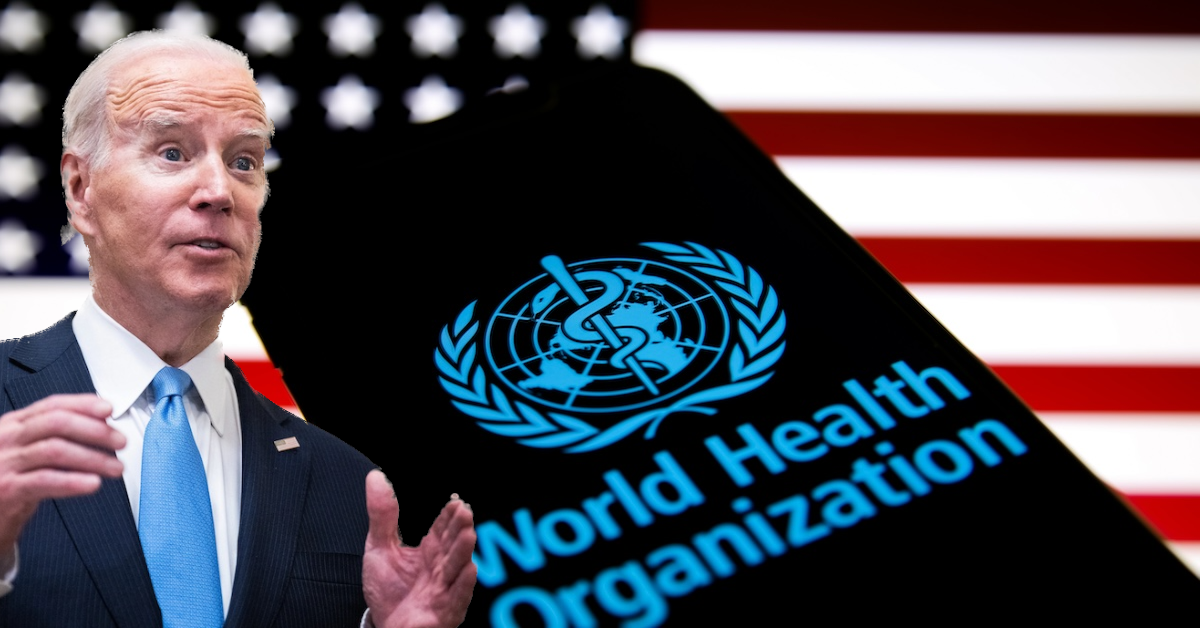by Paul Engel, America Outloud:
 There has been plenty of talk about the World Health Organization Pandemic Agreement lately. Claims of power grabs and health emergencies are certainly warranted. But with all of the claims that this treaty will be legally binding, you should know none of that is true.
There has been plenty of talk about the World Health Organization Pandemic Agreement lately. Claims of power grabs and health emergencies are certainly warranted. But with all of the claims that this treaty will be legally binding, you should know none of that is true.
The WHO Pandemic Treaty
With all of this talk about the WHO treaty, you may be surprised to find out it doesn’t call itself a treaty. Rather, its actual title is the WHO Pandemic Agreement. This detail will become important later in this article. As you may expect, this agreement starts with some grandiose statements, many of which are just as grandly wrong.
TRUTH LIVES on at https://sgtreport.tv/
Recognizing that the World Health Organization is fundamental to strengthening pandemic prevention, preparedness, and response, as it is the directing and coordinating authority on international health work.
Revised draft of the negotiating text of the WHO Pandemic Agreement
As more and more information comes to light, we find that recommendations from WHO regarding lockdowns, masks, and the mRNA “vaccine” puts in question how effective they were in preventing the spread of the pandemic. Which brings into question the purpose of this agreement.
The objective of the WHO Pandemic Agreement, guided by equity and the principles and approaches set forth herein, is to prevent, prepare for, and respond to pandemics.
Revised draft of the negotiating text of the WHO Pandemic Agreement
Who would decide how to prevent, prepare, and respond to pandemics under this agreement? It shouldn’t surprise anyone that it would be the bureaucrats in the WHO calling the shots. While much of the agreement’s language is fairly vague, that doesn’t mean there aren’t problems. Language like this:
The Parties commit to take measures to progressively strengthen pandemic prevention and coordinated multisectoral surveillance, taking into account national capacities and national and regional circumstances. …
The Parties shall contribute to the further development and updating of international standards and guidelines to detect, reduce risks of, monitor, and manage zoonotic spill-over and spill-back, in collaboration with WHO and relevant intergovernmental organizations. …
[and]
Each Party commits to develop, strengthen and maintain its health system, including primary health care, for pandemic prevention, preparedness and response, taking into account the need for equity and resilience, with a view to the progressive realization of universal health coverage.
Read More @ AmericaOutloud.news



